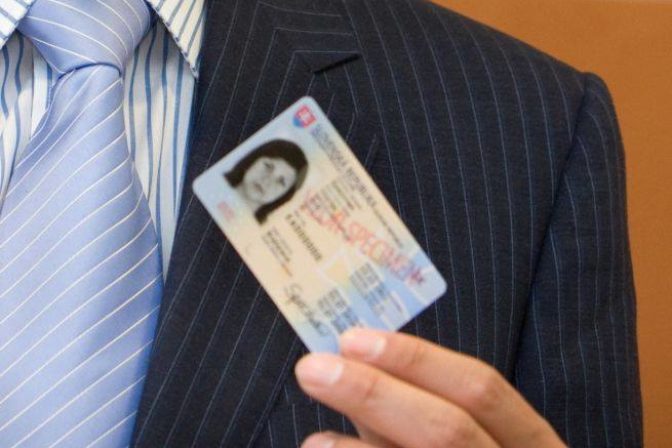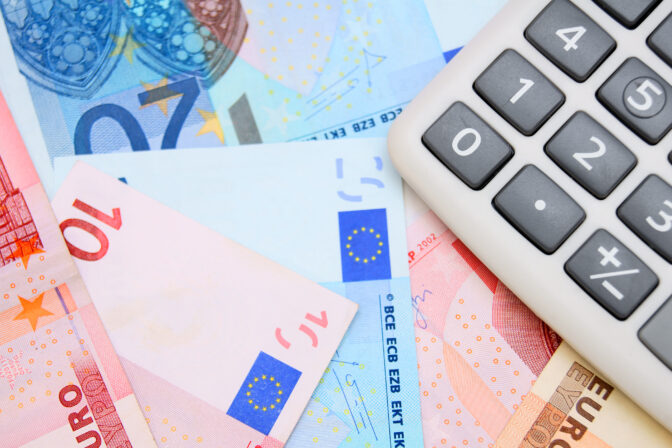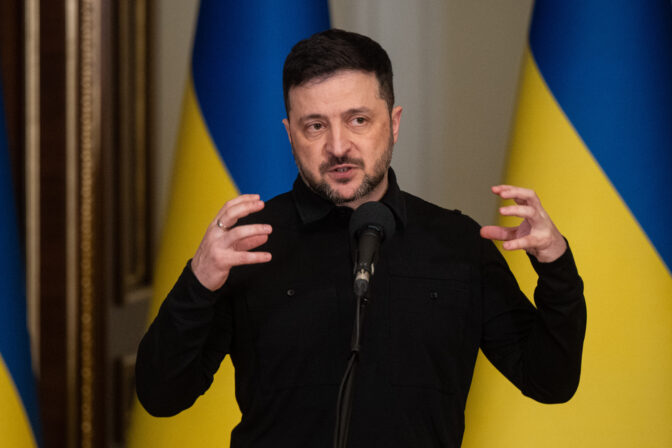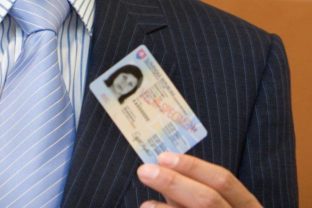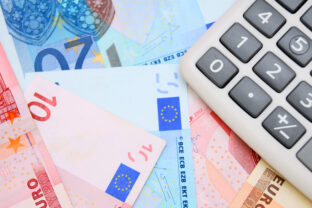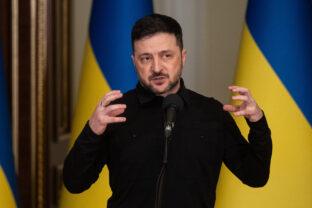BRATISLAVA, March 11, (WEBNOVINY) – Speaker of Parliament Richard Sulik (SaS) has convened an unscheduled session of Slovak Parliament for Thursday, March 17. The strongest opposition party, SMER-SD, has asked that parliament gather before the beginning of the regular session, as it wants to push through an extraordinary annual bank levy of 0.73 percent of selected liabilities. The party will also attempt to approve a lowering of the VAT rate to the original 19 from the current 20 percent and resumption of the reduced 6-percent VAT on sale of products directly from farms. The package that SMER-SD wants to present at the unscheduled session also features an amendment to the grand privatization act, aimed at preventing privatization of the country’s six major heating companies. However, it is not certain that the proposals will be really discussed in the House, as the coalition can obstruct the session by not approving its agenda.
SMER-SD has prepared a draft law on special levies of selected financial institutions, the so-called bank tax and also an amendment to the value-added tax law to hamper negative price development in Slovakia.
The government has temporarily increased the VAT rate to 20 percent as of the beginning of this year, a measure adopted within the austerity package to consolidate public finances. The basic VAT rate should return to its original level after the general government deficit is squeezed below the Maastricht criterion of 3 percent of the GDP. SMER-SD, however, believes that the adopted tax measures have been fueling price hikes in Slovakia and proposes a return to the previous rate. SMER wants to introduce the bank levy in order to justly distribute to the burden of impact of the global economic crisis, which contributed to higher public finance deficits in European countries, including Slovakia.
The Finance Ministry and the government do not oppose introduction of a bank levy, according to Finance Minister Ivan Miklos. He has said that they want to proceed in coordination, based on discussions within the European Union. The bank tax may become a reality as of next year. The ministry has not yet stated how much the banks should pay in the tax. According to Miklos, it will be less than the opposition SMER-SD proposes, which is 0.7 percent of selected liabilities.
SITA



